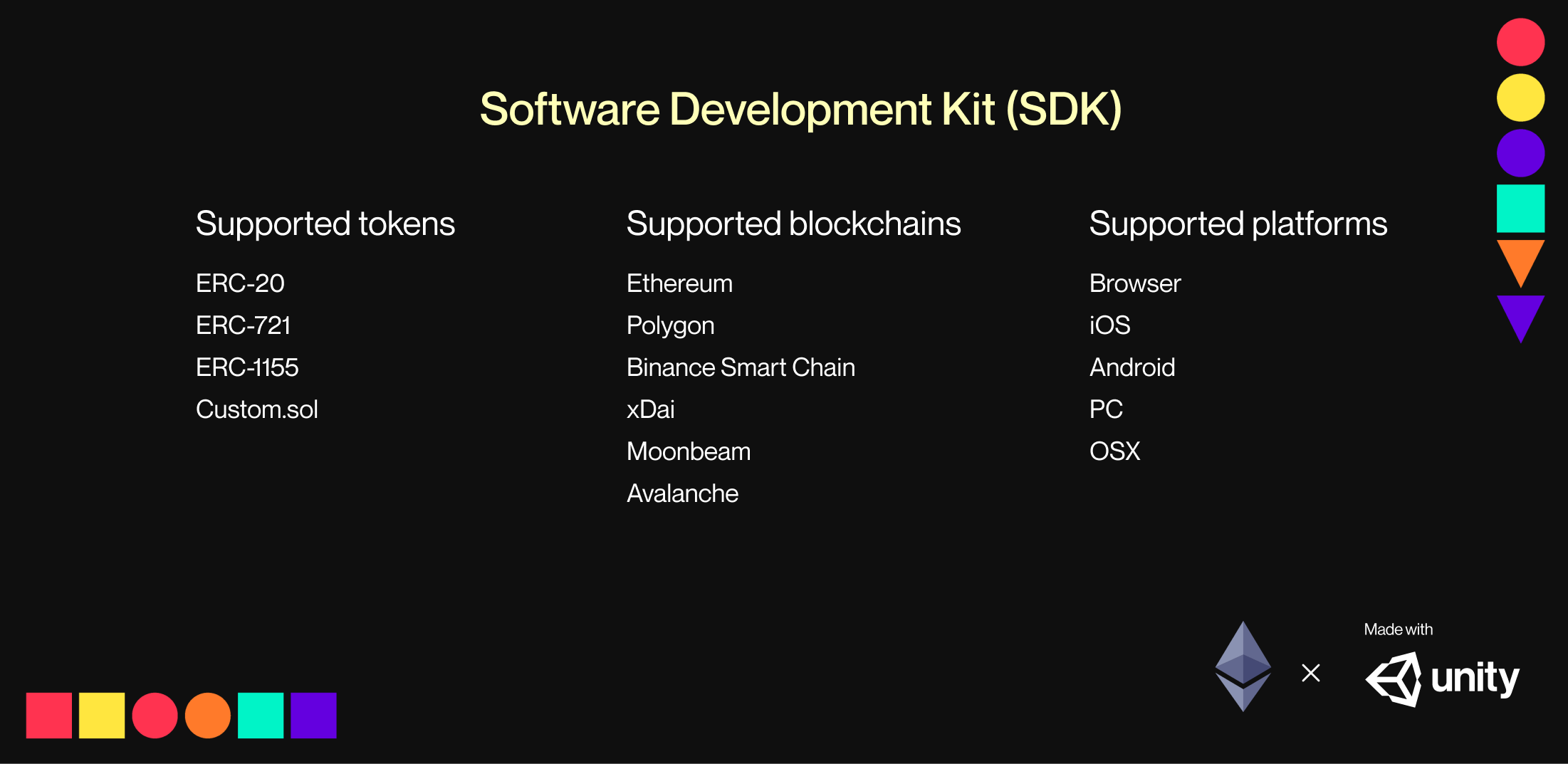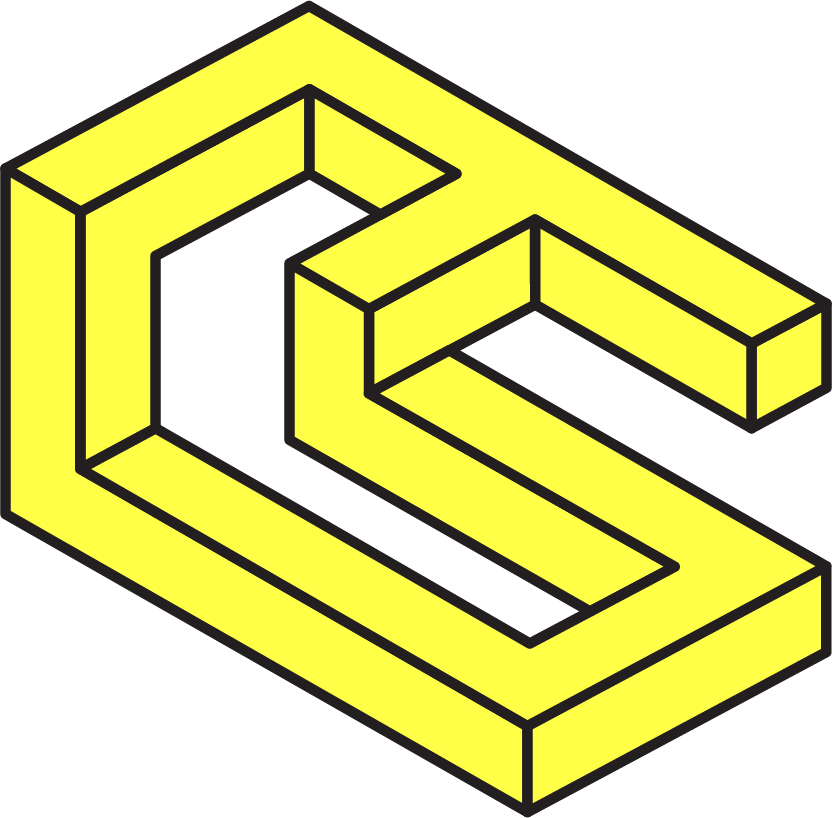Announcing ChainSafe Gaming: An SDK To Bridge Your Gaming Engines To The Web 3.0 Ecosystem

Authored by Timothy Hao Chi Ho
"Games will be the inflection point for blockchain adoption." - Leon Do
Here at ChainSafe, we strive to push the envelope on open source infrastructure development in all manners of ecosystems. There's never been a more exciting time than now to be following the ChainSafe family as we help bridge the divide from the off-chain to the on-chain, from the present to the future, and now, from Web 2.0 to Web 3.0 gaming.
We are extremely proud to make public our ChainSafe Gaming SDK, with Leon Do leading the charge as Head of Gaming.
The coming together of
With stints at ShapeShift, Binance, and Protocol Labs backstopping Leon's blockchain experience, and having participated in the EthGlobal hackathon building a game utilizing IPFS and Ethereum, Leon was emboldened to pursue blockchain gaming.
He made the leap by joining Consensys Tachyon's accelerator program to blaze his path, where he soon realized the Web 3.0 gaming stack was missing a critical element - tooling that connects Web 3.0 components like Metamask to the Unity engine layer.
There was value beyond just making games. There was value in building the infrastructure and plumbing that enables developers to seamlessly integrate into the crypto ecosystem.
When Leon eventually met ChainSafe CEO Aidan Hyman through the accelerator program, the conversations for open-source gaming and infrastructure development began in earnest. The result was the pre-alpha release of what is now the ChainSafe Gaming SDK.
True to the ChainSafe ethos, Leon wanted to open source his project completely. His decision ultimately led him to join ChainSafe to realize this vision together and thrust Web 3.0 into the forefront of the gaming development space.
The problem
To build a website using the current Web 3.0 tech stack, developers have a variety of tools at their disposal to accelerate development: HTML/CSS/JS + Web3.js/Ethers.js + the Ethereum blockchain. However, when it comes to building a game, there lacks a bridge between gaming engines like Unity/Unreal and the blockchain layer like Ethereum, BSC, xDai, etc.
To bypass this problem, existing Web 3.0 game developers attempt to clash the two tech stacks, which leaves developers with the wrong tools for the wrong job and making the time-to-fun UX for end users less than desirable.
What we have found is tremendous demand for a Web 3.0 gaming SDK that will give developers the right tools for the right job, and allow seamless integration into any crypto ecosystem for their gaming application.
The time is ripe for disruption.
🎉 The current release 🎉
🎉 With that said, Leon and the ChainSafe team are proud to announce the beta release of the ChainSafe Gaming SDK. 🎉
Make sure to check out our public Github repo and join in on the conversation on our Discord!
The library can currently export to iOS, Android, WebGL, and Desktop - with the WebGL version being the most built out.
The current release already has **** out-of-the-box support for multiple Ethereum token standards, can work cross platform (from browser to iOS to Android), and has support for multiple EVM-compatible blockchains, including BSC, xDai, Polygon, Moonbeam, as well as Avalanche.

Installing is as simple as dragging and dropping an SDK file directly into Unity. At once, you will have access to a suite of tools, prefabs, scenes, and scripts for integrating any gaming application with the Web 3.0 ecosystem.
Leon also has a treasure trove of content and material for connecting Unity to Ethereum, smart contracts, IPFS, NFTs, and more. Be sure to check out his Medium blog posts as well as upcoming content from ChainSafe for even more tutorials.
Bridge your game into Web 3.0 today with the ChainSafe Gaming SDK.
The vision
The ChainSafe Gaming SDK is the first open-source library of its kind that supports multi-wallets, multi-marketplaces, and multi-blockchains.
Just as we strive to avoid chain-maximalism in the open source work that we contribute to, we strive to be blockchain and gaming-engine agnostic with the SDK. With support already for Unity, we plan on offering support for other engines like Unreal, Godot, and many others. Our vision is to build robust tools that will help developers and gamers to connect to any blockchain, and bridge cryptoeconomics into the world of gaming.
We are incredibly excited to be launching the beta version of the SDK, and we can only imagine the sort of use-cases our SDK might open up for the world of Web 3.0 gaming.
Imagine tying an NFT to a skin in Fortnite, League of Legends, or any game built with a Unity or Unreal engine, or tracking a character's progress as an NFT and moving it around different blockchain gaming applications. We have barely scratched the surface of what could be possible once we introduce a robust gaming SDK to the toolkit available for developers.
Take a look at ChainSafe's YouTube playlist/tutorial showcasing how you can easily connect your Unity projects to NFTs on the blockchain! 👇👇👇
Get Involved
If you are as excited about the launch of the ChainSafe Gaming SDK as we are, then definitely pop into our Discord and join the conversation. We are also looking for contributors to the open source SDK, so be sure to check out our public Github repo.
We have a plethora of YouTube tutorials for getting started with the SDK, so check out this playlist to get started with connecting Unity to an NFT with your gaming application.
Finally, check out the SDK's documentation website to learn more.
Want to work with ChainSafe? COME JOIN US!!! Check out the new Careers section of our website and our open positions, and get in touch with us at careers@chainsafe.io if you are interested!
Learn more about ChainSafe by visiting our website, through our Medium, via Twitter, or by visiting the ChainSafe GitHub.
Acknowledgements
Thank you to Leon Do, Aidan Hyman, Cindy Chau, Ben Hyman, and Ed Mack. Your contributions were invaluable to the making of this article!

